Description
| P21 Peptide | |
| CAS Number | 1394011-91-6 |
| Molar Mass | 414.968 g/mol |
| Chemical Formula | C24H31ClN2O2 |
| IUPAC Name | DGGL-adamantane-G |
Introduction
P21, a nootropic peptide, is designed to potentially enhance neurogenesis. Animal research indicates that P21 elevates levels of BDNF, a key factor in promoting nerve growth and preventing the buildup of Amyloid plaques and proteins associated with Alzheimer’s disease.
Key Characteristics
P21 is a synthetic peptide of the natural protein CNTF, renowned for its role in promoting neuron growth, particularly in the nervous system and peripheral areas like bones. It facilitates neurotransmitter synthesis, fosters nerve branching, and shields neurons and their support cells from inflammatory damage.
Research Applications
Scientists are currently exploring various research applications of P21. It has shown potential in enhancing neurogenesis, protecting neurons from inflammatory damage, and promoting neurotransmitter synthesis. These properties make it a valuable candidate for investigating treatments for neurodegenerative diseases such as Alzheimer’s and Parkinson’s.
Research Benefits
Cognitive Research
P21 boosts cognition and protects the CNS (Central Nervous System) from damage. This appears to result from the maturation of precursor cells into fully developed neurons. It also appears to boost synaptogenesis or the connection between neurons, which is fundamental for memory and learning.
Cancer Research
In cancer research, P21 serves as a critical regulator of cell growth. While its normal function involves inhibiting cell proliferation in healthy cells, its behavior can become dysregulated in cancerous cells. Scientists are investigating the complex roles of P21, particularly its involvement in both promoting and inhibiting cancer cell growth depending on various factors such as its location within the cell and the activity of other proteins like p53. By understanding these intricacies, researchers aim to develop innovative cancer therapies that target P21, potentially offering new avenues for treatment.
Alzheimer’s Research
While traditionally studied in the context of cancer and cell cycle regulation, P21 has recently garnered attention for its potential involvement in neurodegenerative diseases like Alzheimer’s. Studies have suggested that P21 may contribute to neuronal dysfunction and cognitive decline in Alzheimer’s by promoting neuronal cell death, impairing synaptic function, and exacerbating neuroinflammation. However, the precise mechanisms through which P21 influences Alzheimer’s pathology are still being elucidated. Further research into the role of P21 in Alzheimer’s may provide valuable insights into disease mechanisms and potential therapeutic targets.
Appetite Research
Some studies suggested that P21 may influence appetite through its interactions with key regulatory pathways in the brain, such as those involving leptin and insulin signaling. However, further research is needed to fully understand the mechanisms by which P21 may affect appetite and whether targeting P21 could offer potential therapeutic strategies for managing appetite-related disorders.
Summary
P21 (P021) Peptide Vials contain a synthetic peptide of the natural protein CNTF, designed to potentially enhance neurogenesis and protect neurons from inflammatory damage. This peptide has shown promise in enhancing cognition, protecting the central nervous system (CNS), and promoting neurotransmitter synthesis. In cancer research, P21 serves as a critical regulator of cell growth, with potential implications for cancer therapy. Additionally, research suggests its involvement in neurodegenerative diseases like Alzheimer’s and its potential influence on appetite regulation, though further investigation is needed in these areas.
Disclaimer
This content is presented exclusively for educational purposes and should not be construed as medical advice. THE MATERIALS REFERENCED HEREIN ARE EXCLUSIVELY INTENDED FOR LABORATORY AND RESEARCH USE.
Any clinical research initiatives must be conducted under the guidance of the relevant Institutional Review Board (IRB). Similarly, preclinical research involving animals must comply with the directives of the Institutional Animal Care and Use Committee (IACUC), adhering to the standards delineated by the Animal Welfare Act (AWA).
Our informational content is meticulously designed for research-oriented insights and is not a substitute for individual analysis and verification from credible sources before any purchasing decisions are made.
Upon finalizing your order and payment, you explicitly acknowledge and agree to adhere to our Terms and Conditions. Customer satisfaction stands as our paramount concern. If you are dissatisfied with the product received, kindly contact us at 419-707-5450 or email our support team at support@bc9.co.
IMPORTANT NOTICE: All products showcased on our platform are EXCLUSIVELY INTENDED FOR LABORATORY AND RESEARCH APPLICATIONS. They are expressly not intended for veterinary or human utilization.
References
- Han Y, Yuan M, Guo YS, Shen XY, Gao ZK, Bi X. The role of an enriched environment in neural development and repair. Front Cell Neurosci. 2022 Jul 21;16:890666. doi: 10.3389/fncel.2022.890666. PMID: 35936498; PMCID: PMC9350910. [Read More].
- Shamloo B, Usluer S. p21 in Cancer Research. Cancers (Basel). 2019 Aug 14;11(8):1178. doi: 10.3390/cancers11081178. PMID: 31416295; PMCID: PMC6721478. [Read More]
- Moh C, Kubiak JZ, Bajic VP, Zhu X, Smith MA, Lee HG. Cell cycle deregulation in the neurons of Alzheimer’s disease. Results Probl Cell Differ. 2011;53:565-76. doi: 10.1007/978-3-642-19065-0_23. PMID: 21630160; PMCID: PMC5925746. [Read More]
- Baldini G, Phelan KD. The melanocortin pathway and control of appetite-progress and therapeutic implications. J Endocrinol. 2019 Apr 1;241(1):R1-R33. doi: 10.1530/JOE-18-0596. PMID: 30812013; PMCID: PMC6500576. [Read More]

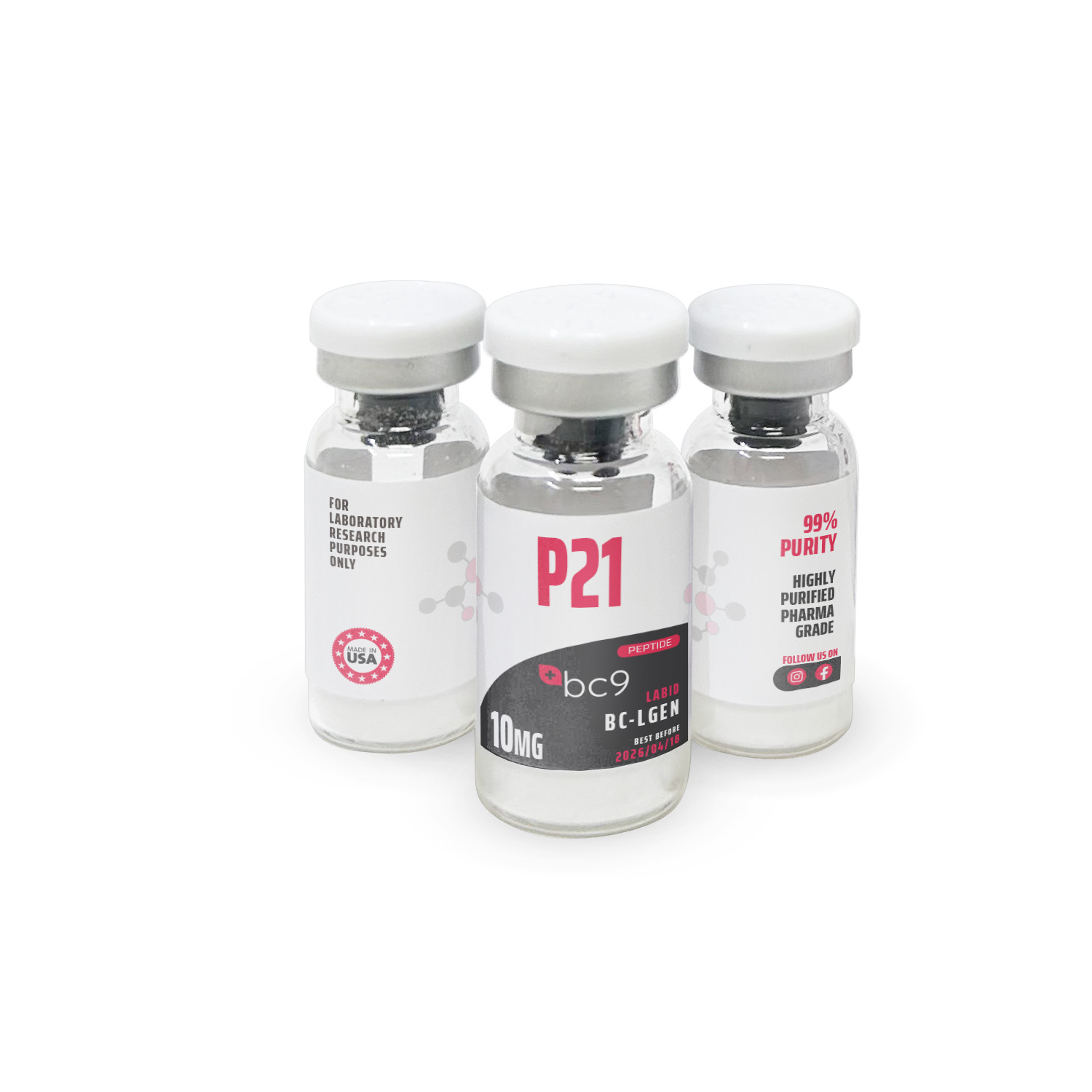
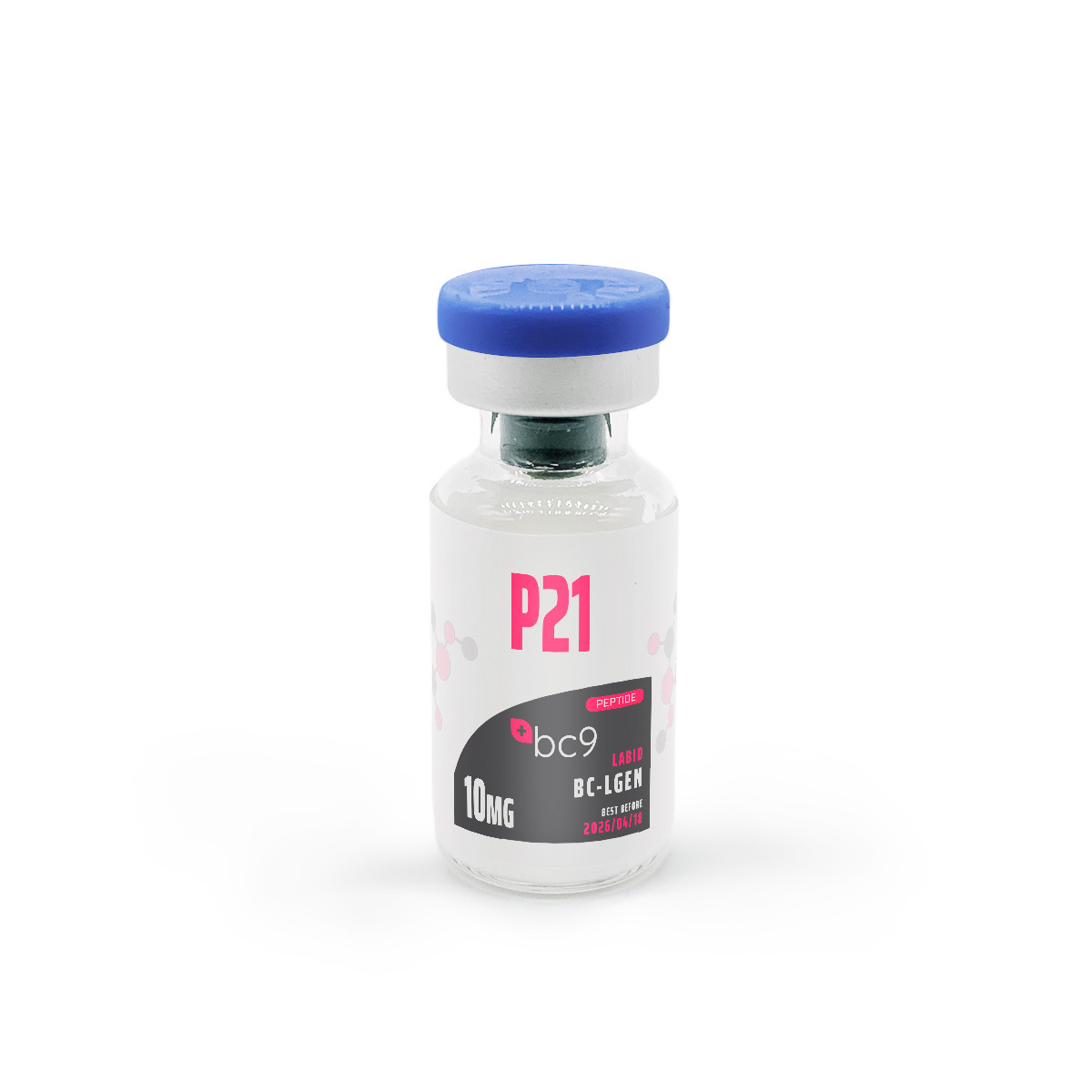

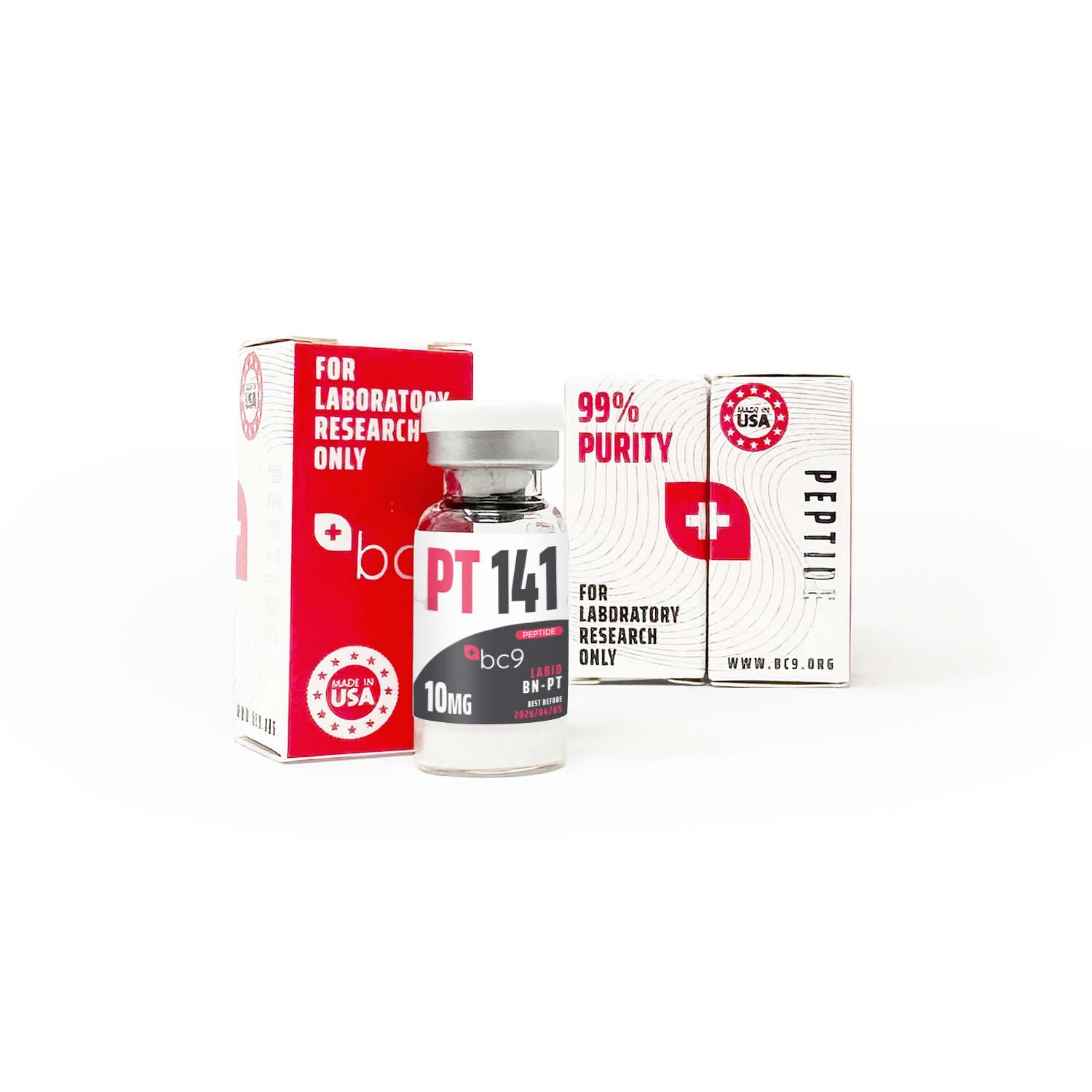


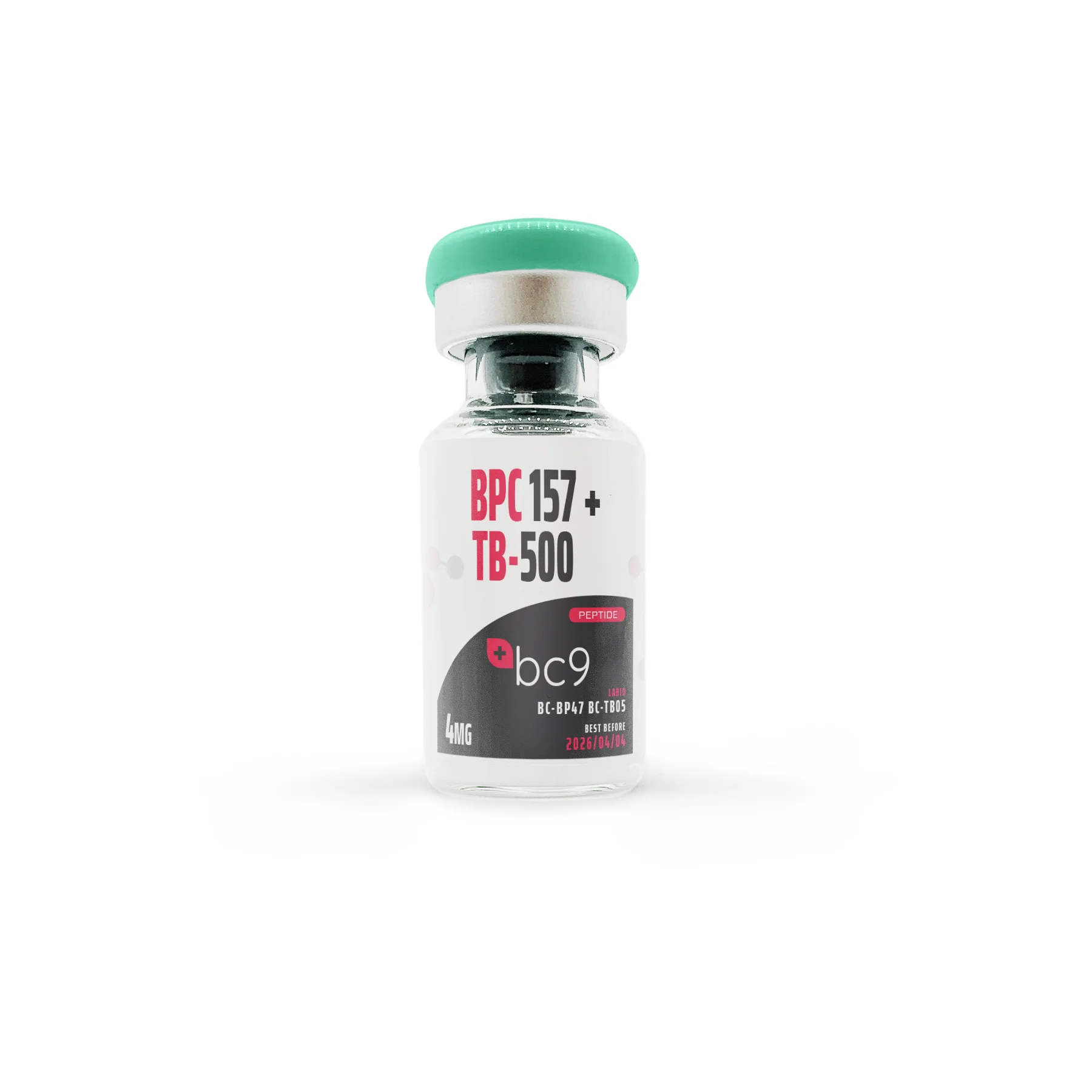
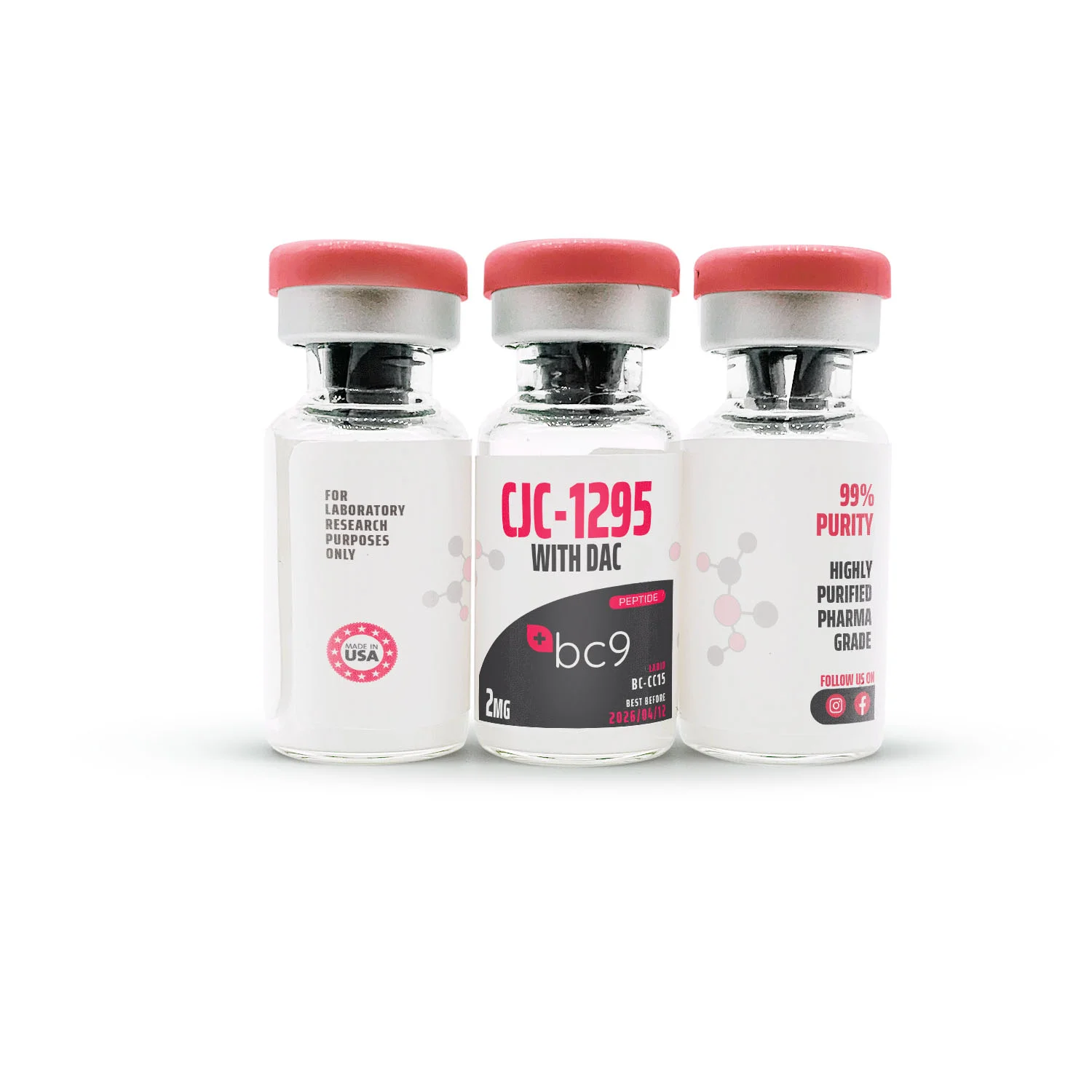



Sarah –
Impressive quality and quick shipping
Tyler –
Very pleased with the quality and the speed of shipping.
Dr. Freddy –
Best product for the research purpose.
Kaitlin Cantu –
The website was user-friendly and easy to navigate!
Clark Bonilla –
I’m thrilled with the performance!
Ben Ball –
Happy with the purchase, just wish it was a bit cheaper.
David –
This is an excellent product, really effective.
Isaac Russell –
Super happy with my purchase. Top quality!
William Robinson –
The packaging was great and the product works flawlessly.
Bill –
Great product, works as described.